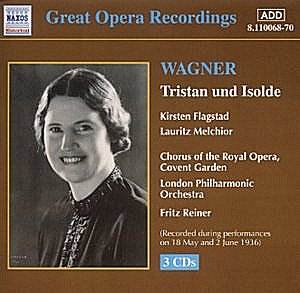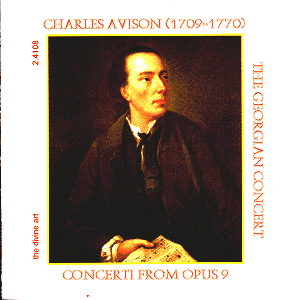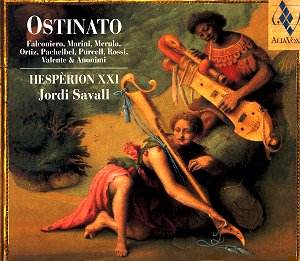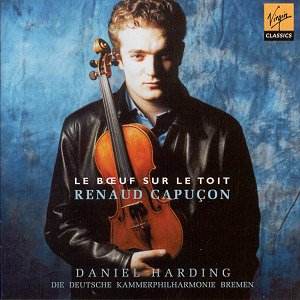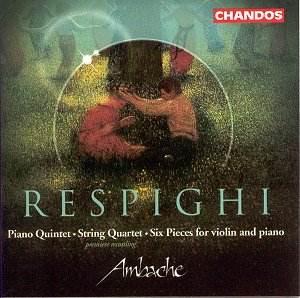 Composer: Ottorino Respighi
Composer: Ottorino Respighi
Works: Piano Quintet in F minor (1902), String Quartet in D minor (1909), Six Pieces for Violin and Piano (1901-1905)
Performers: Marcia Crayford (violin), Ruth Ehrlich (violin), Martin Outram (viola), Judith Herbert (cello), Diana Ambache (piano)
Recording: Recorded at St Michael’s Church, Highgate, London, 14-16 November 2000
Label: Chandos CHAN 9962
Ottorino Respighi, often celebrated for his lush orchestral tone poems, showcases a different facet of his artistry in this compelling chamber music recording. The works on this disc span the first decade of the 20th century, capturing the composer in his thirties—a period marked by his assimilation of diverse musical influences while firmly rooted in a post-Romantic idiom. The Piano Quintet in F minor and the String Quartet in D minor, alongside the Six Pieces for Violin and Piano, reveal Respighi’s melodic inventiveness and harmonic sophistication, which deserve a broader recognition apart from his more familiar orchestral contributions.
The Ambache ensemble delivers an interpretation that is both nuanced and vibrant, effectively illuminating Respighi’s unique voice. One can hear the Brahmsian influence in the Piano Quintet, particularly in the work’s rich textures and lyrical themes. The performers navigate the intricate interplay between instruments with dexterity, particularly in the second movement, where the conversation between the piano and strings unfolds with a delightful buoyancy. Diana Ambache’s piano playing is characteristically lively, yet sensitive, driving the ensemble forward while allowing for moments of introspective reflection, notably in the poignant Adagio that showcases the strings in a beautifully harmonized dialogue.
The recording quality is exemplary, capturing the resonance of St Michael’s Church without sacrificing clarity. The engineers have achieved a balance that allows the subtleties of dynamic contrasts to shine through, especially in the delicate passages of the Six Pieces. Here, the duo of Crayford and Ambache excels, with the violin’s soaring lines intertwining seamlessly with the piano’s intricate filigree. Their performance of the second piece, with its gentle ebb and flow, stands out as a highlight, drawing the listener into Respighi’s intimate world.
While Respighi’s music may not be as widely recognized in the chamber repertoire, this recording positions it alongside works by contemporaries such as Fauré and Dvořák, revealing a richness that is comparable. The influence of Rimsky-Korsakov’s coloristic approach is palpable, particularly in the String Quartet, where the harmonic palette is infused with a Mediterranean warmth. The Ambache ensemble’s ability to convey this essence is commendable, allowing the listener to experience the interplay of light and shadow inherent in Respighi’s writing.
This disc is an essential addition to the growing catalog of Respighi’s chamber works, brilliantly performed and recorded. The Ambache ensemble not only honors the composer’s legacy but also invites a reevaluation of his lesser-known compositions, which are as tuneful and imaginative as they are technically engaging. In bringing these works to life, the recording not only serves as a testament to Respighi’s talent but also as an inspiration for continued exploration of his expansive output.
